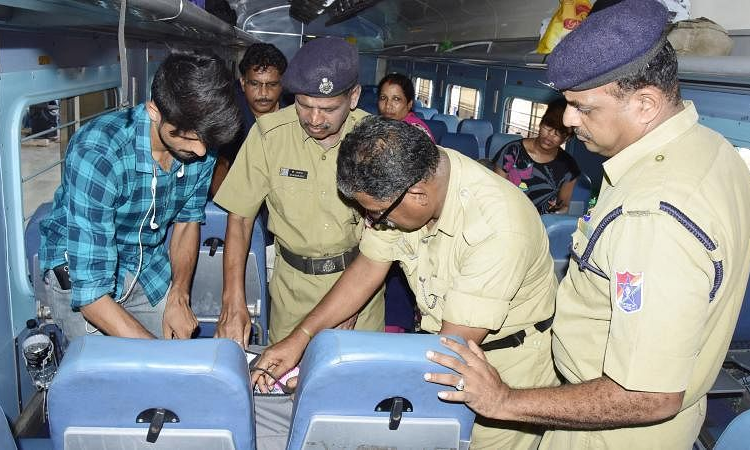RPF Officer Can Conduct House Search During 'Enquiry' Without Search Warrant As Per S. 165 CrPC: Jharkhand High Court
Sparsh Upadhyay
28 Jan 2022 9:30 PM IST

Next Story
28 Jan 2022 9:30 PM IST
The Jharkhand High Court has held that the officer of the Railway Protection Force (RPF) can also conduct a house search during an inquiry under the Railway Property (Unlawful Possession) Act without a search warrant under certain conditions as laid down under Section 165 of the CrPC.However, when such an officer is not enquiring into a case, he has to obtain the prior permission of...
